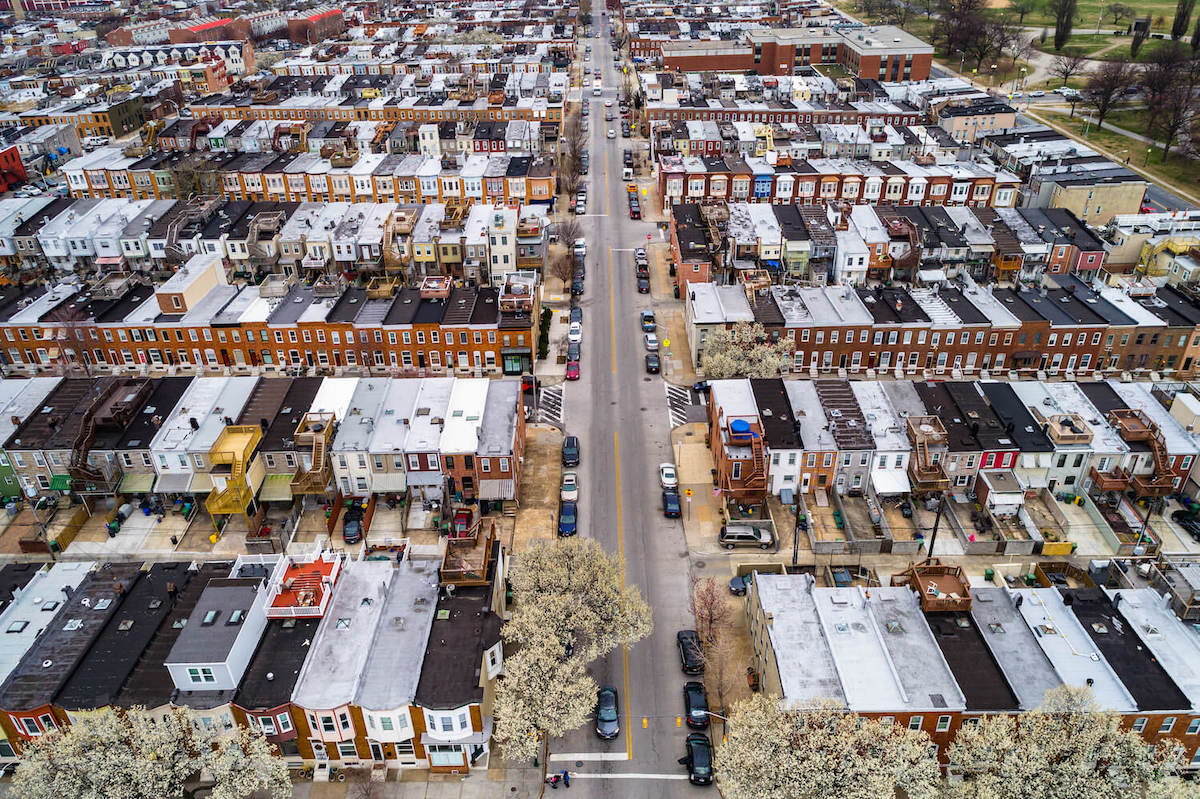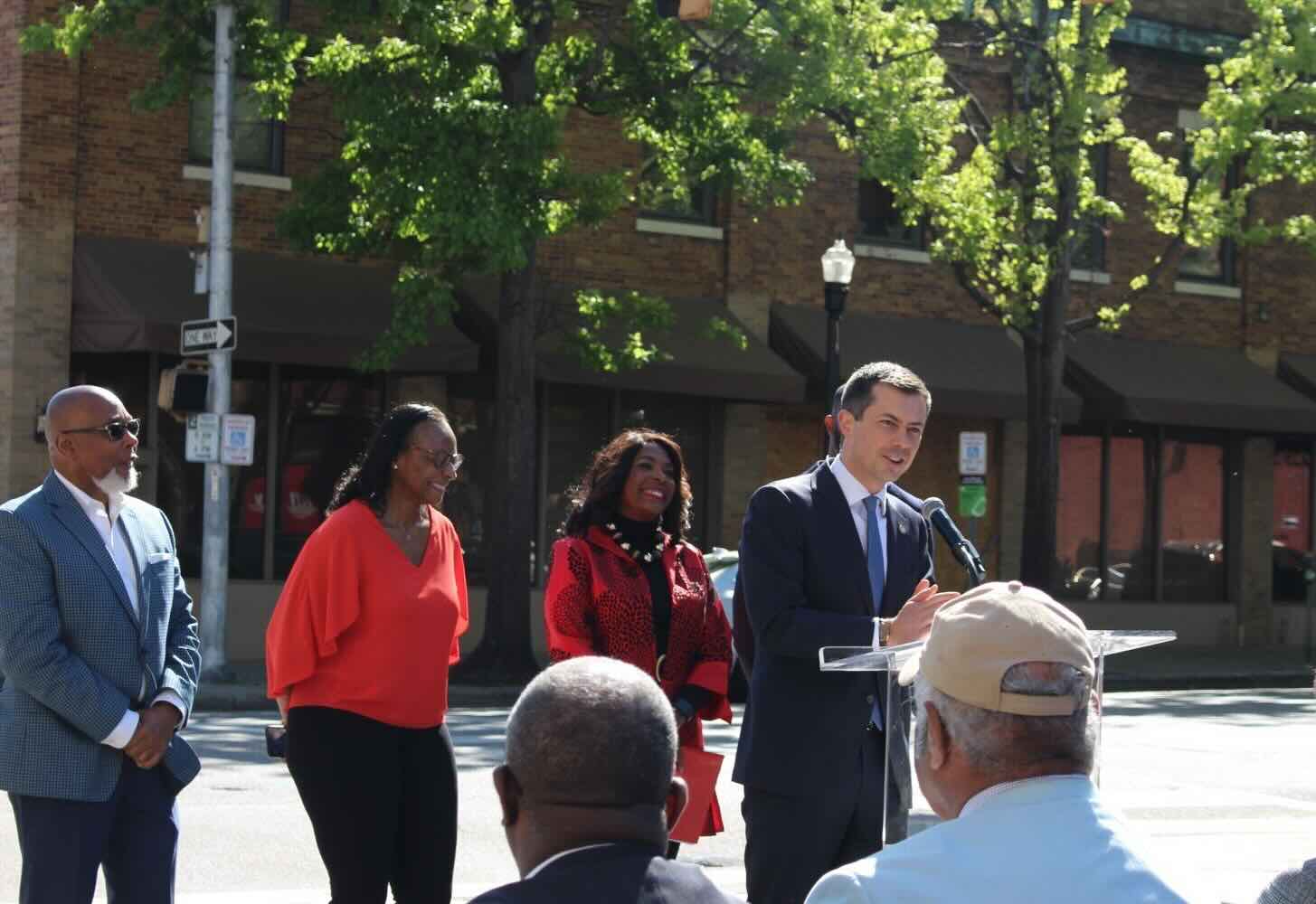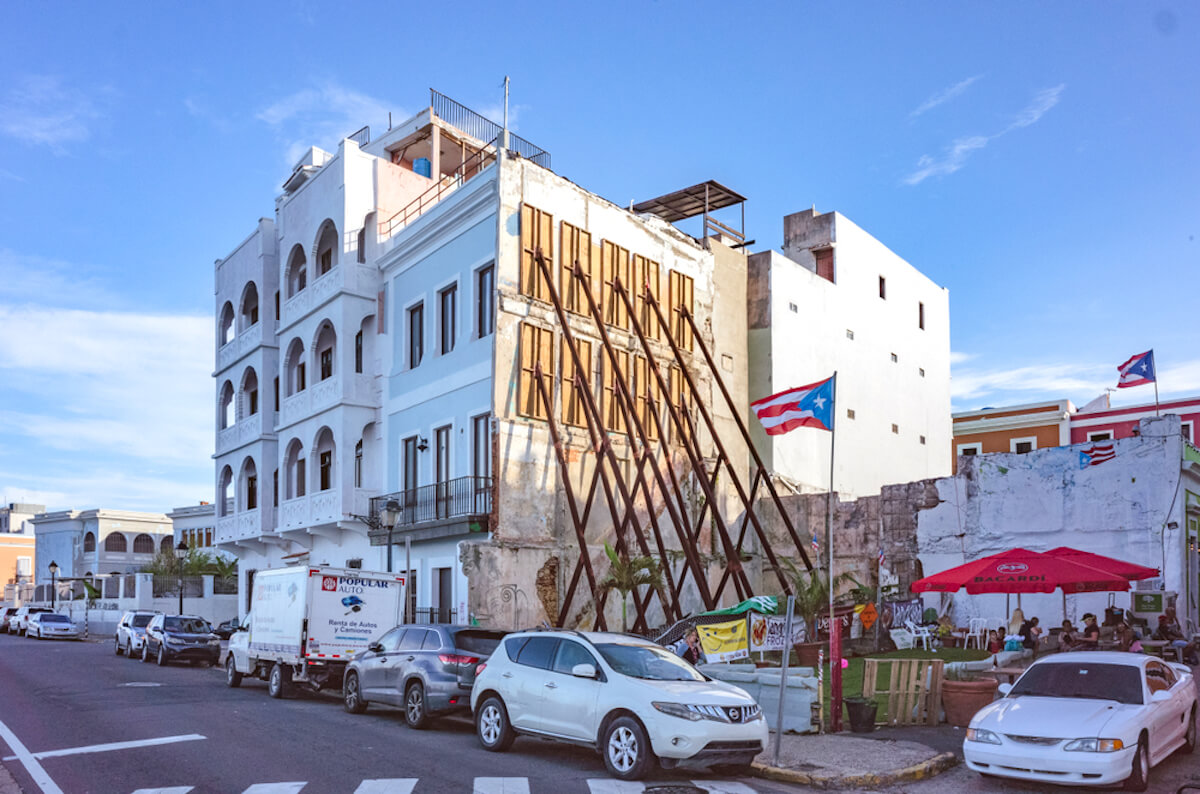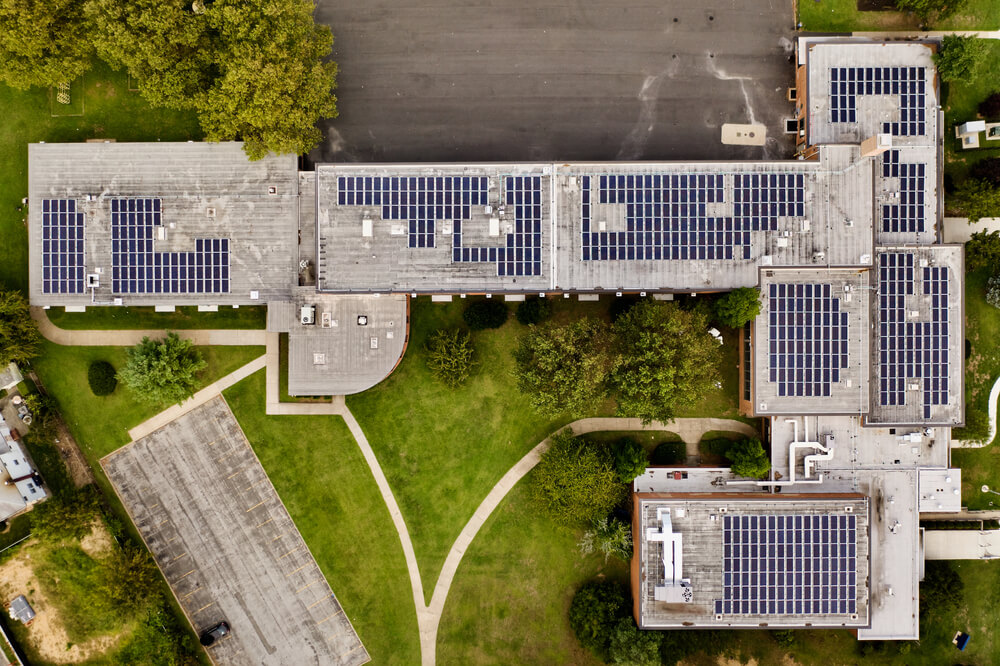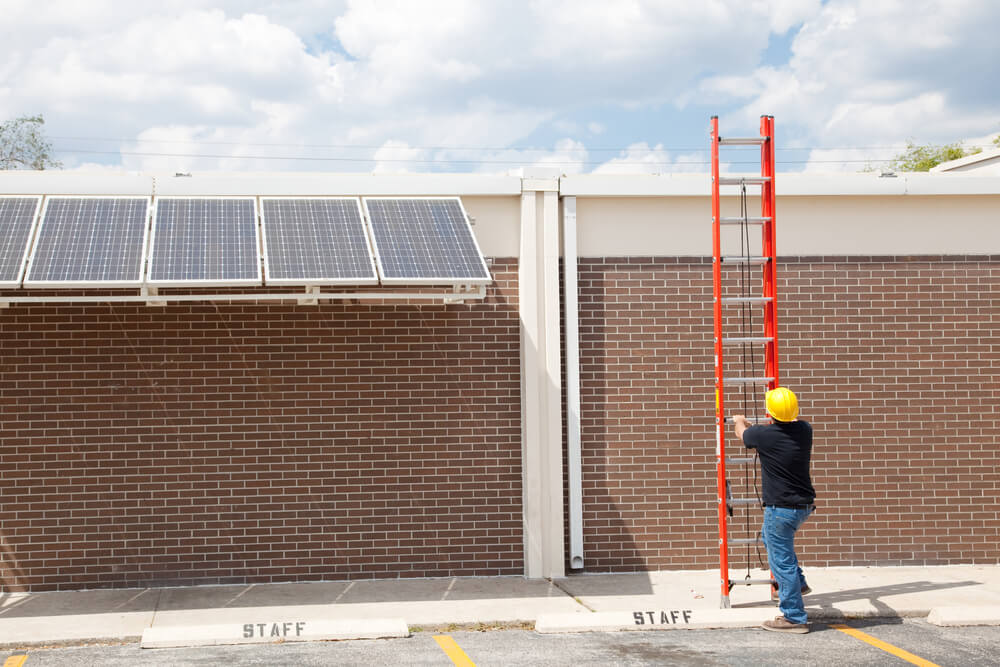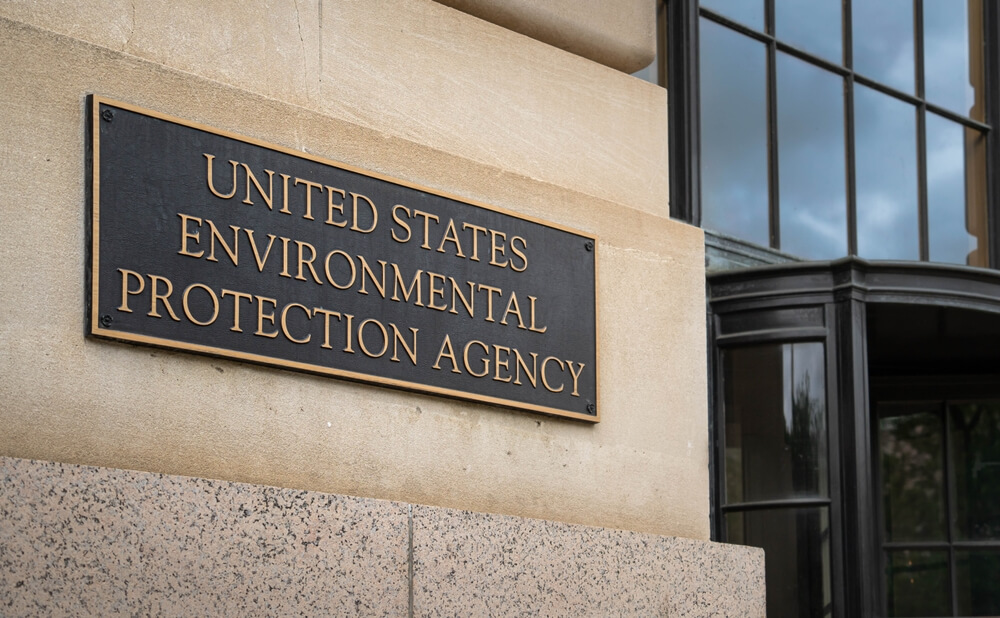ImpactAlpha, June 15 – The COVID-19 disruption made stark how badly traditional banks and lenders have underserved small businesses and real estate in Black, Latino, Native, rural and other U.S. communities. In contrast, community financial institutions made a higher proportion of their loans to smaller borrowers in low- and moderate-income areas and provided more than $34 billion in Paycheck Protection Program loans.
On Tuesday, the Treasury Department pumped $1.25 billion in flexible grants into 863 community development financial institutions, or CDFIs, the first tranche of the $12 billion allocated to community lenders in December’s COVID stimulus bill (see, “U.S. coronavirus relief package boosts lenders in underserved communities”).
“More than repair, we must reimagine our economy,” with small businesses at the center, Vice President Kamala Harris said at the White House. As a senator, Harris worked to include the funding in the stimulus bill with California Rep. Maxine Waters and Virginia Sen. Mark Warner.
Each dollar allocated to community loan funds, credit unions and banks can catalyze eight more dollars in private-sector investment, said Treasury Secretary Janet Yellen. Who can and can’t access credit and capital is “at the root of many long-term structural problems in our economy,” she said. “Capital is bottlenecked by race and region.”
Front lines
The grants can help CDFIs build loan-loss and capital reserves (see, “Corporate deposits in CDFIs are good. Equity investments would be even better”). “Today the country has heard our call,” said Opportunity Finance Network’s Lisa Mensah, who introduced Harris at the White House. Mensah noted CDFI loan-loss rates are historically low and “our impact is astoundingly high.” Three-quarters of the more than 50 CDFIs responding to a CNote survey have an “urgent” or “somewhat urgent” need for capital in the coming year.
Good jobs
Pacific Community Ventures, a California-based CDFI, saw demand increase 10,000-fold for its loans and advisory services during the COVID crisis. PCV lent $4.8 million last year, with an average loan size of $70,000. More than 80% of the small business owners served were women or people of color in economically distressed communities. Median full-time wages were $21 an hour, more than half of full-time employees were eligible for health benefits, and 70% got paid time off.
Corporate capital
Tech and other companies have turned to CDFIs to make good on their racial-justice pledges of the last year (see “Corporates emerge as i source of capital for community investment”). Twitter in November committed $100 million to seed Opportunity Finance Network’s targeted $1 billion Finance Justice Fund. PayPal anchored LISC’s $250 million Black Economic Development Fund and earlier this month announced another $135 million in deposits in CDFIs around the country. Prudential Financial, Goldman Sachs Urban Investment Group and UnitedHealth Group are investing billions through CDFIs.
“This is an industry and a cause whose time has come,” Sen. Warner said at Tuesday’s press conference.

